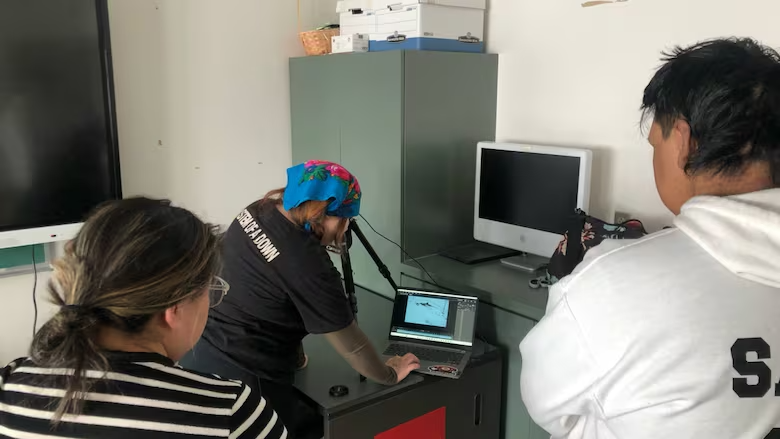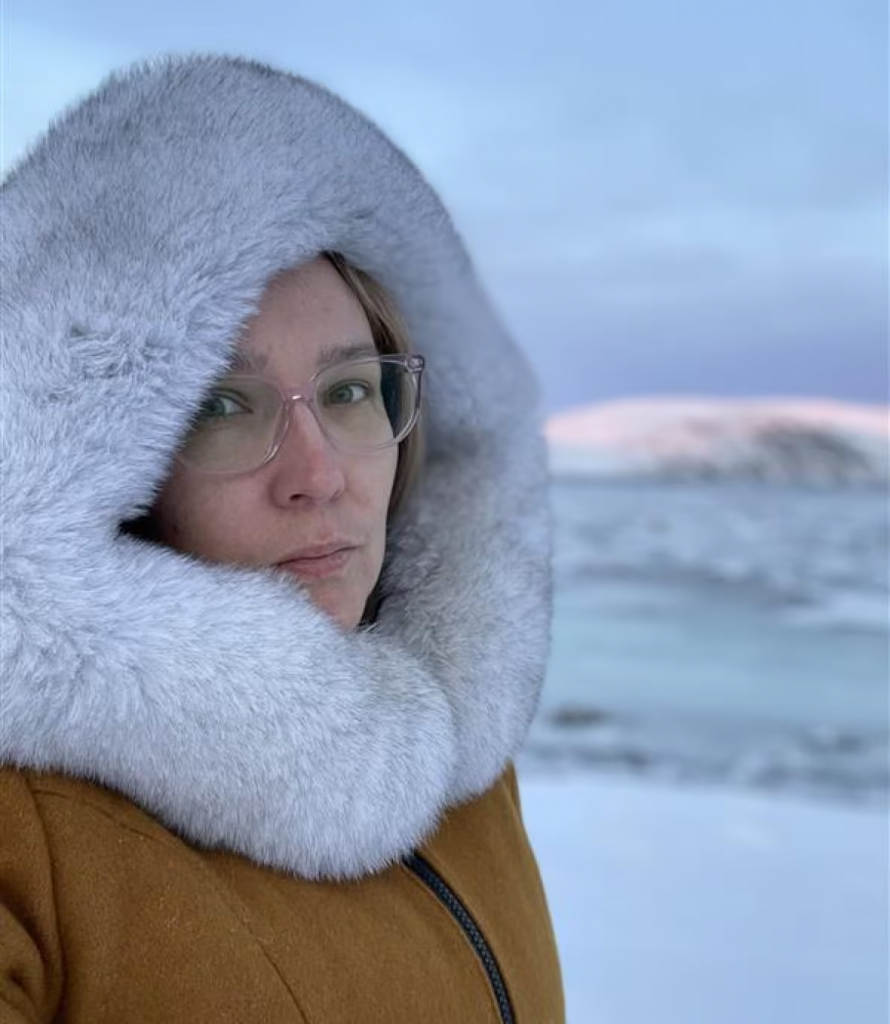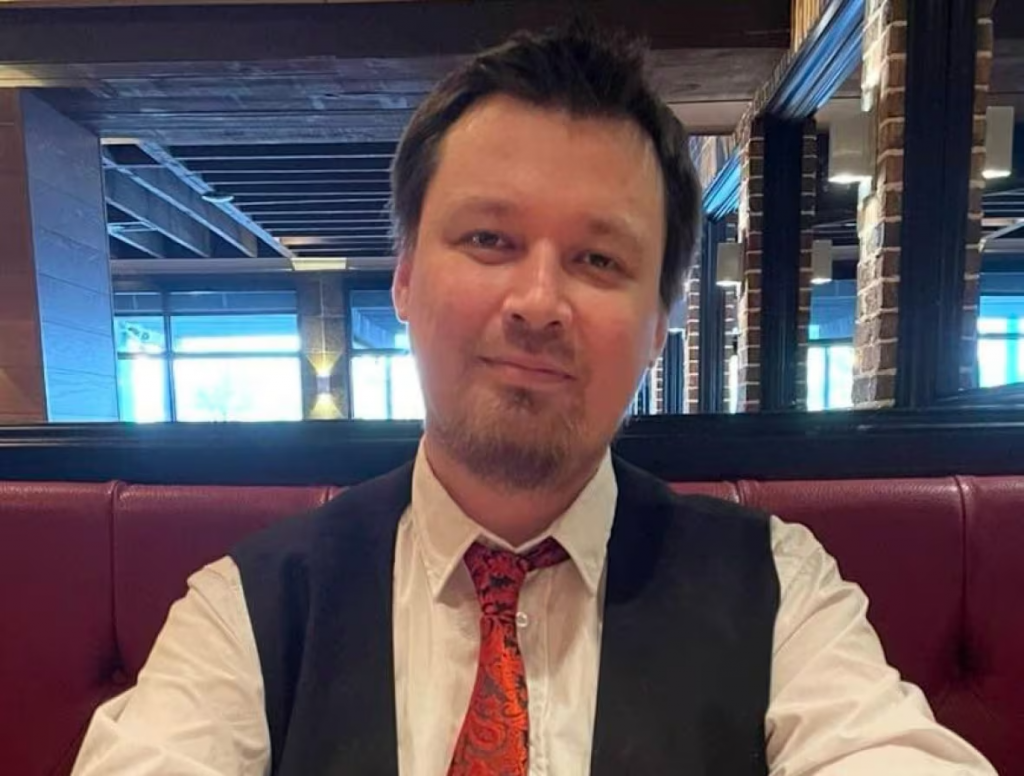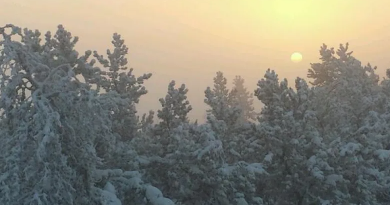Nunavik school board working to bring post-secondary education to the region

There is currently no college or university campus in Nunavik
Nunavik’s school board, Kativik Ilisarniliriniq (KI), has partnered with Montreal’s John Abbott College to bring some post-secondary courses to the region.
There’s currently a 10-day sewing arts workshop, and recently an Inuit media course. They are worth just a handful of credits, but it’s a start for Phebe Bentley, KI’s director of post-secondary student services.
There is currently no college or university campus located in Nunavik. In contrast, all three territories and Labrador have at least one post-secondary institution. Under the James Bay and Northern Quebec Agreement, KI doesn’t have the administrative jurisdiction to provide post-secondary education.
“We’re hoping at the end to have a full program, but right now we’re kind of exploring and seeing what works,” Bentley said.
Roughly 4 per cent of Nunavimmiut have completed post-secondary education, according to KI, and most opportunities for training for Nunavimmiut right now are offered through employers.
“If you change employers, then you may or may not be able to continue … so post-secondary education in Nunavik is not accessible to youth or to the general public,” Bentley said.

Salluit’s Andrew Papigatuk, who now lives in Montreal, was one of the students in the Inuit media course held earlier this month in Inukjuak.
“It opened my mind to limitless opportunities … I’m hoping in the near future, more people will be seeing more of my stuff,” he said.
Even while in high school, Papigatuk knew he wanted to work in video production. He moved to Montreal several years ago to be a video editor, where he was able to gain skills on the job.
“I think it would be great if more opportunities to train other people were offered, which is why I’m completely supporting courses like this,” he said.
Students heading south for further education
A 2022 report from an independent task force on Northern post-secondary education detailed a series of barriers for Nunavimmiut who want to pursue post-secondary education — with relocation being the most significant one.
“It’s a whole different environment for them. They don’t have family around anymore. They’re not in their own environment … that community feeling is not as strong down here than it is up north,” Andrew Papigatuk said.
In 2019, the federal government approved a 10-year budget to support the Inuit post-secondary education strategy. Some of that funding went towards sponsoring students from their communities through distance learning.

But the federally commissioned task force found that online learning didn’t work well in Nunavik, with many students dealing with poor internet connectivity and a lack of study space due to overcrowded homes.
“It is a basic issue of regional inequity that undermines any further exploration of distance education,” the report reads.
“Until there is reliable, fast, affordable and accessible internet throughout Nunavik, distance education will continue to be functionally inaccessible to Nunavik students.”
Post-secondary institution in Nunavik a longer-term goal
A 2023 study, commissioned by Quebec’s Ministry of Education and Higher Education (MEQ), identified two models of post-secondary institutions in Nunavik — which would consist of a main campus, plus satellite campuses and learning centres for other communities.
KI also conducted community consultations, with the report now being finalized. A key theme so far, says Phebe Bentley, is the need for a post-secondary education model that’s culturally relevant to Nunavik — and not just a “cut-and-paste” of models in other parts of Quebec.

The task force report found a lack of Inuktitut teachers to be a growing concern, and that worries Bentley too, though she believes new funding from the provincial government for a teaching certificate can help.
“If we really want to decolonize and we want our language to continue to thrive, especially in this digital age where there’s a threat to indigenous languages … I think just to show them the importance [of that] and helping them and supporting them … that’s all that we can do.”
For now, the goal for Bentley is to get KI jurisdiction under their modern treaty to open up a full-time post-secondary program in Nunavik within the next decade, as she believes already there’s existing infrastructure in the region for that.
A full post-secondary institution, however, is a longer-term goal, but she is optimistic.
“That involves a lot more funding … but we already have some options in place.”
Related stories from around the North:
Canada: Mark Indigenous languages decade by making Inuktitut official in Canada: Inuit UN rep, The Canadian Press
Finland: Everyone encouraged to boost Sami language visibility in Finland, Norway and Sweden this week, Eye on the Arctic
Norway: Indigenous and minority language names for Norway now have official status, The Independent Barents Observer
Russia: German project to house everything published in Siberian and Arctic languages to seek new funding, Eye on the Arctic
Sweden: Can cross-border cooperation help decolonize Sami-language education, Eye on the Arctic
United States: Inuit leaders applaud UN move to designate International Decade of Indigenous Languages, Eye on the Arctic



